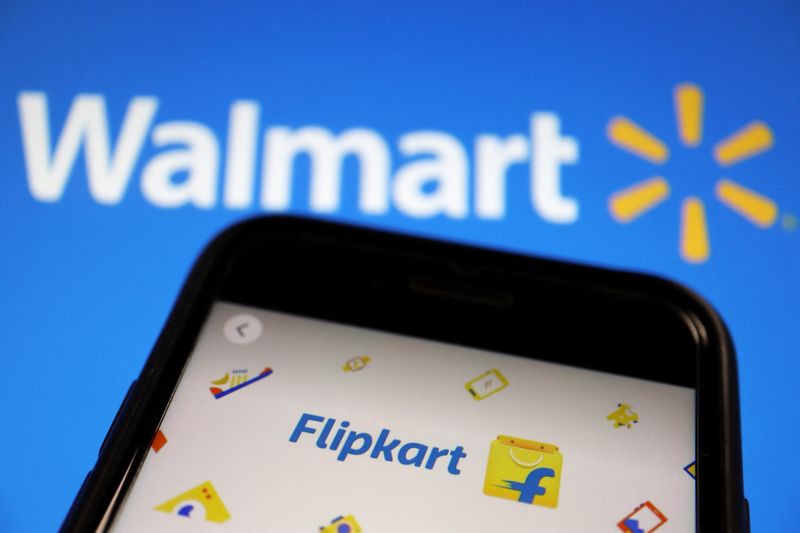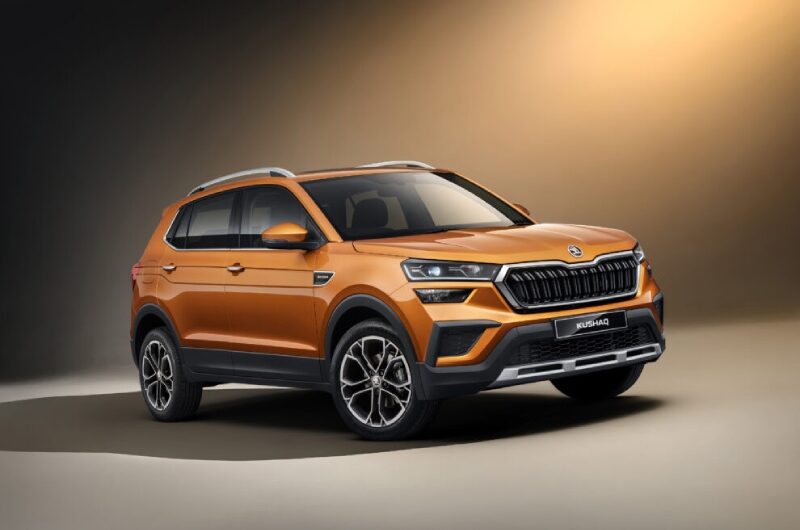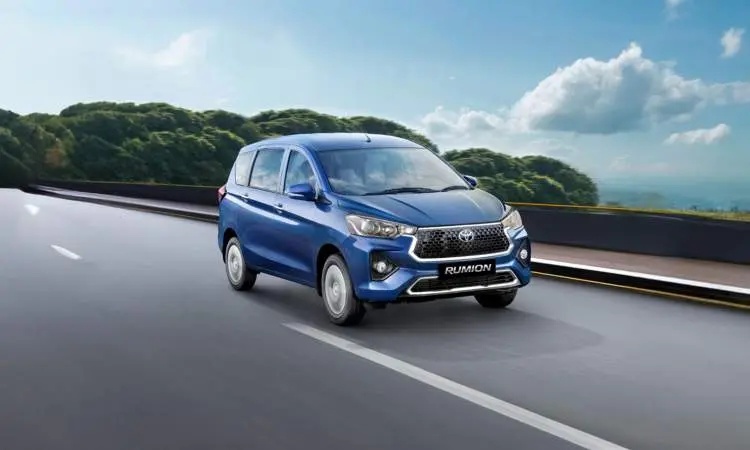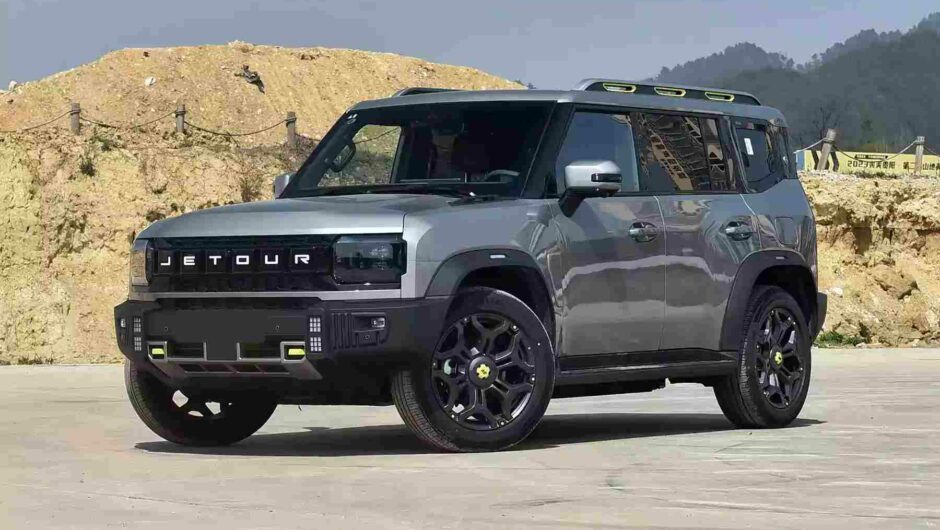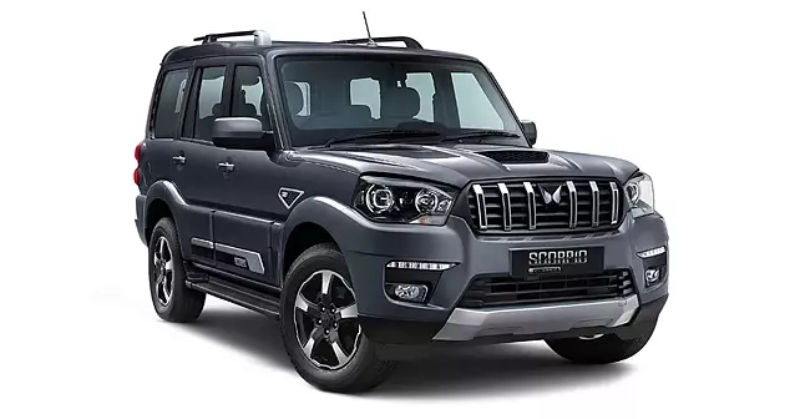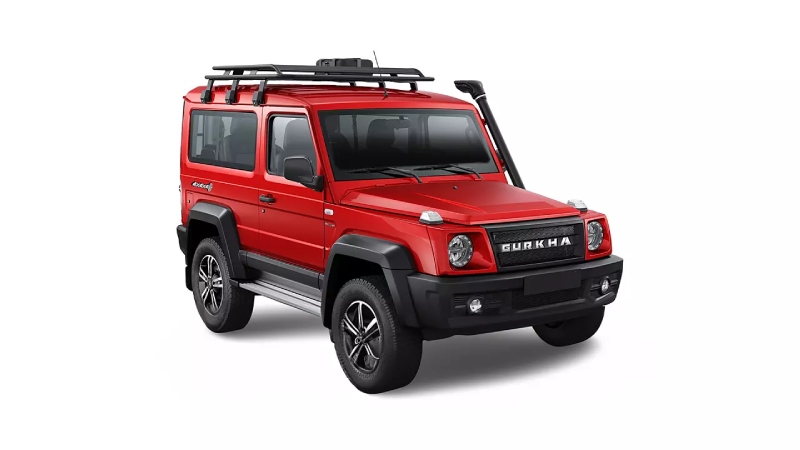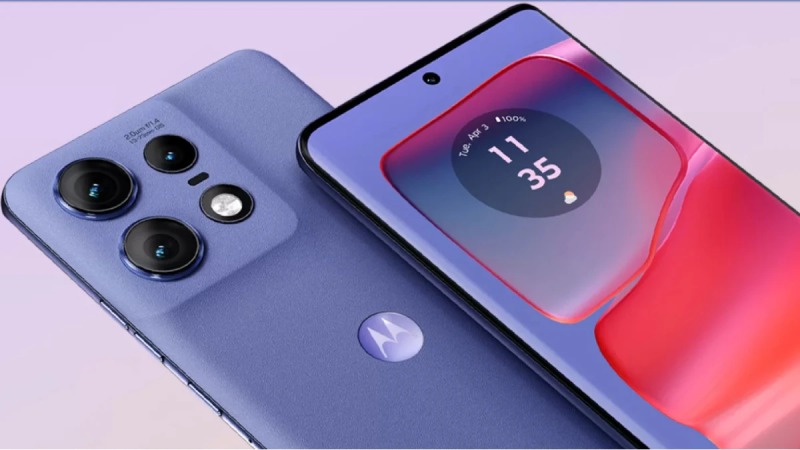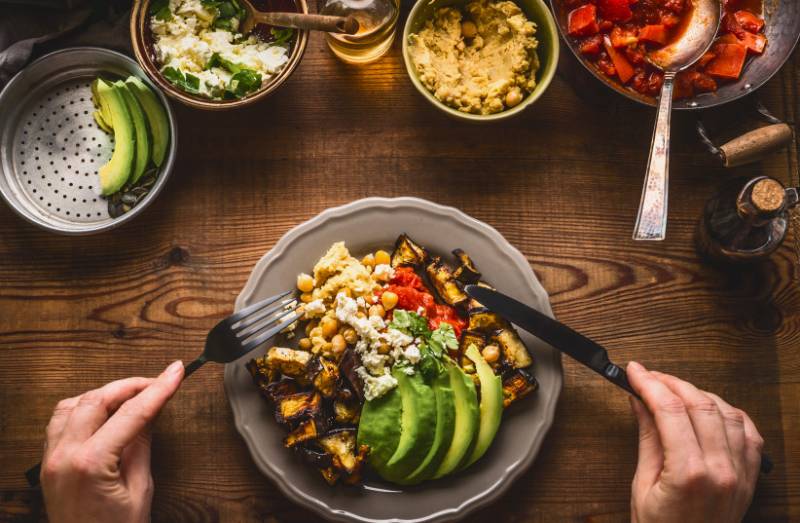Three sources familiar with the topic told TechCrunch that the hyperlocal delivery startup Dunzo, backed by Reliance Retail, has been a topic of conversations between Flipkart, the massive Indian e-commerce company, and other parties in recent weeks. However, two people familiar with the negotiations said that it has been challenging for the two sides to come to a purchase agreement because of difficulties related to Dunzo’s ownership structure.
All three individuals claimed the conversations, which had not been disclosed before, are still going on. The acquisition talks come after a trying year for Dunzo, which has had trouble raising money and paying employees. In recent quarters, upstarts Zepto, Swiggy, and Zomato’s BlinkIt have gained an important share of the hyperlocal delivery market from Dunzo, which has raised around $500 million to date.
As at least both sides rush to finalize the terms, the deal has not yet come to reality. Walmart-owned Flipkart is unsure of exactly what it would be able to take over in case it were to acquire Dunzo, which has multiple intellectual property ties with Reliance Retail, the biggest retail chain in India. The main shareholder in Dunzo, Reliance Retail, has also not given its approval to the acquisition.
The largest online retailer in India, Flipkart, is estimated to be worth around $32 billion. It sees value in some of Dunzo’s assets, particularly the business-to-business services provided by the more recent company with its headquarters in Bengaluru.
Dunzo denied the report in a statement, calling it “hearsay.” The spokesman went on, “We have not had any discussions with any player regarding the acquisition of the business, and we are on track to reach free cash flow break even in the month of March 24.” Over a dozen people familiar with the situation claim that Dunzo has undertaken takeover conversations with several companies in the previous three years, including Tata and Zomato.
The discussions between Flipkart and Dunzo highlight the diminishing opportunities for faster delivery services. These companies have been in operation for some time, but the initial years of the COVID-19 pandemic saw an increase in the amount of attention around them. During this time, people stayed at home and looked to Gopuff, Getir, and Dunzo for speedy (or “instant”) delivery of a growing range of ordinary products.
Founded in 2014, Dunzo was really among the first firms to investigate this strategy. With the support of companies like Google, Blume Ventures, and Lightbox, it aimed to completely transform the nation’s e-commerce market by providing shoppers with half-an-hour delivery.
Even though it was active in the B2B market, Dunzo turned its focus back to hyperlocal services when demand in the immediate grocery delivery model grew internationally. The company invested more than $100 million to open dark stores in numerous Indian cities.
However, after a few years, consumers have returned to many of their pre-pandemic buying habits, including doing more in-person shopping. Many instant delivery companies have had difficulty finding solid unit economics around their concepts in all countries as a result of a decline in demand.
It is unclear if Dunzo was able to raise the full $50 million that was apparently his goal in 2023. The Indian daily Economic Times revealed in December that financial services firm PhonePe, which split from Flipkart in late 2022, also looked about investing in Dunzo. PhonePe made its debut into the e-commerce space last year with the release of the Pincode app.
John David Rainey, executive vice president and CFO of Walmart, stated on the company’s earnings call on Tuesday, “In India, Flipkart’s growth continues to compound in the double digits, while PhonePe is now processing more than 6 billion monthly transactions and has reached 1.4 trillion in annual total payment volume, about 40% higher than 1 year ago.”
Topics #Acquisition #collaboration #Dunzo #e-commerce #flipkart #food delivery #news #reliance #startup #Swiggy #Walmart #Zomato
